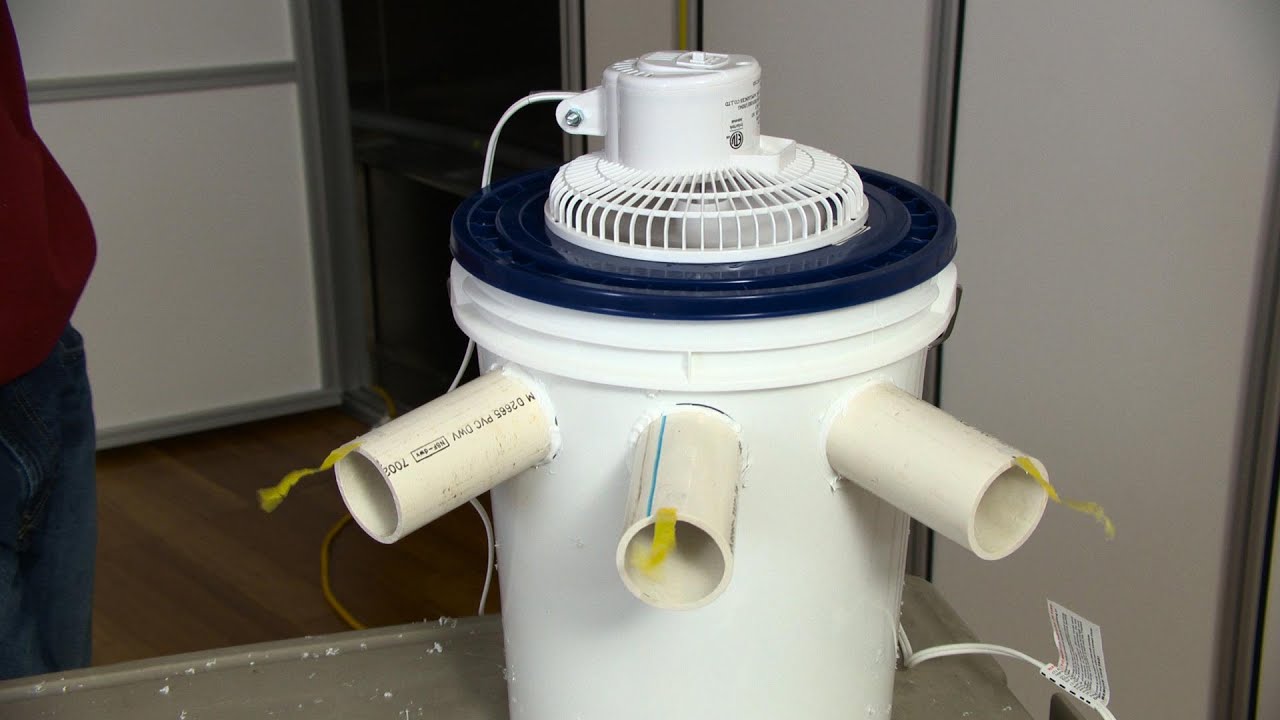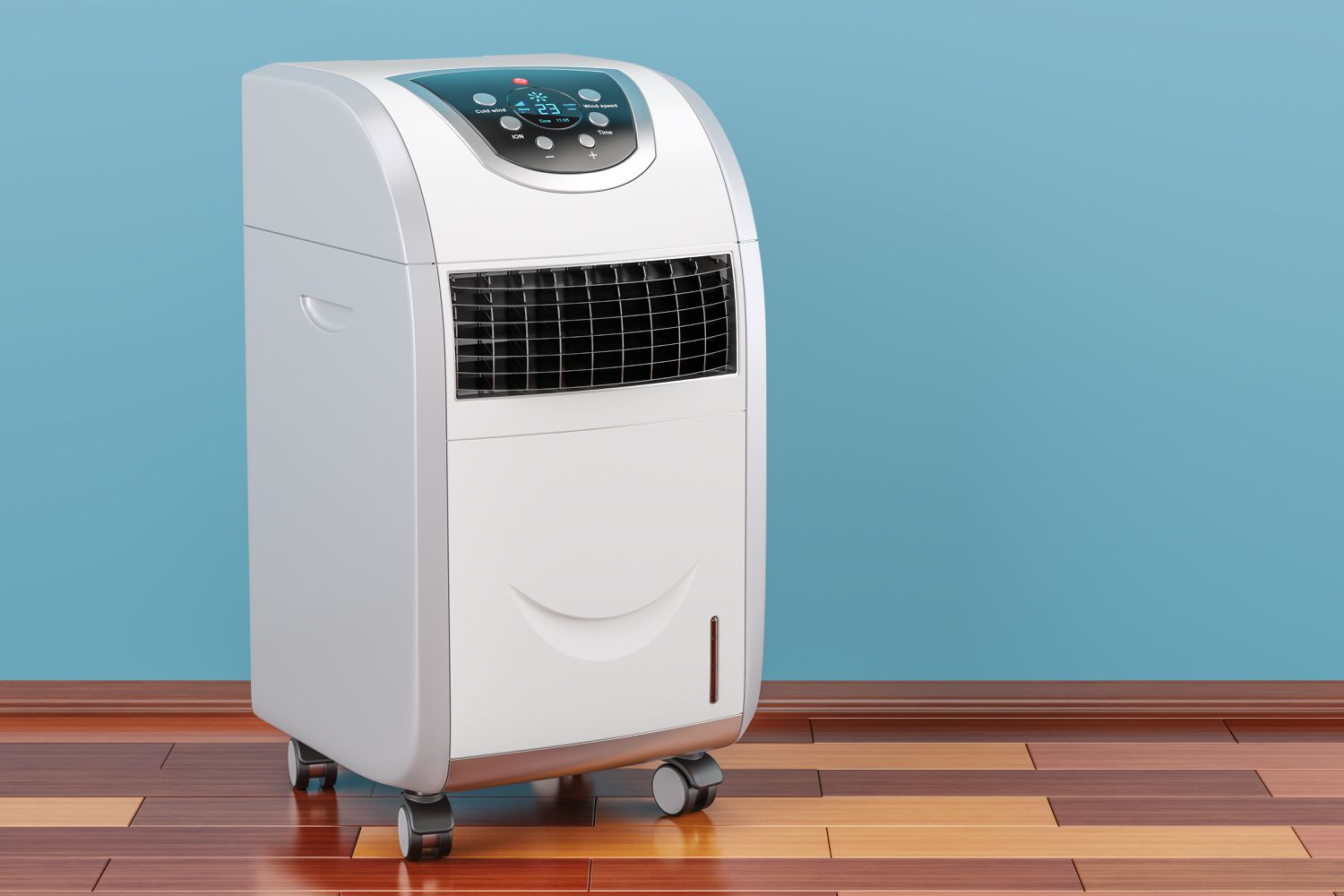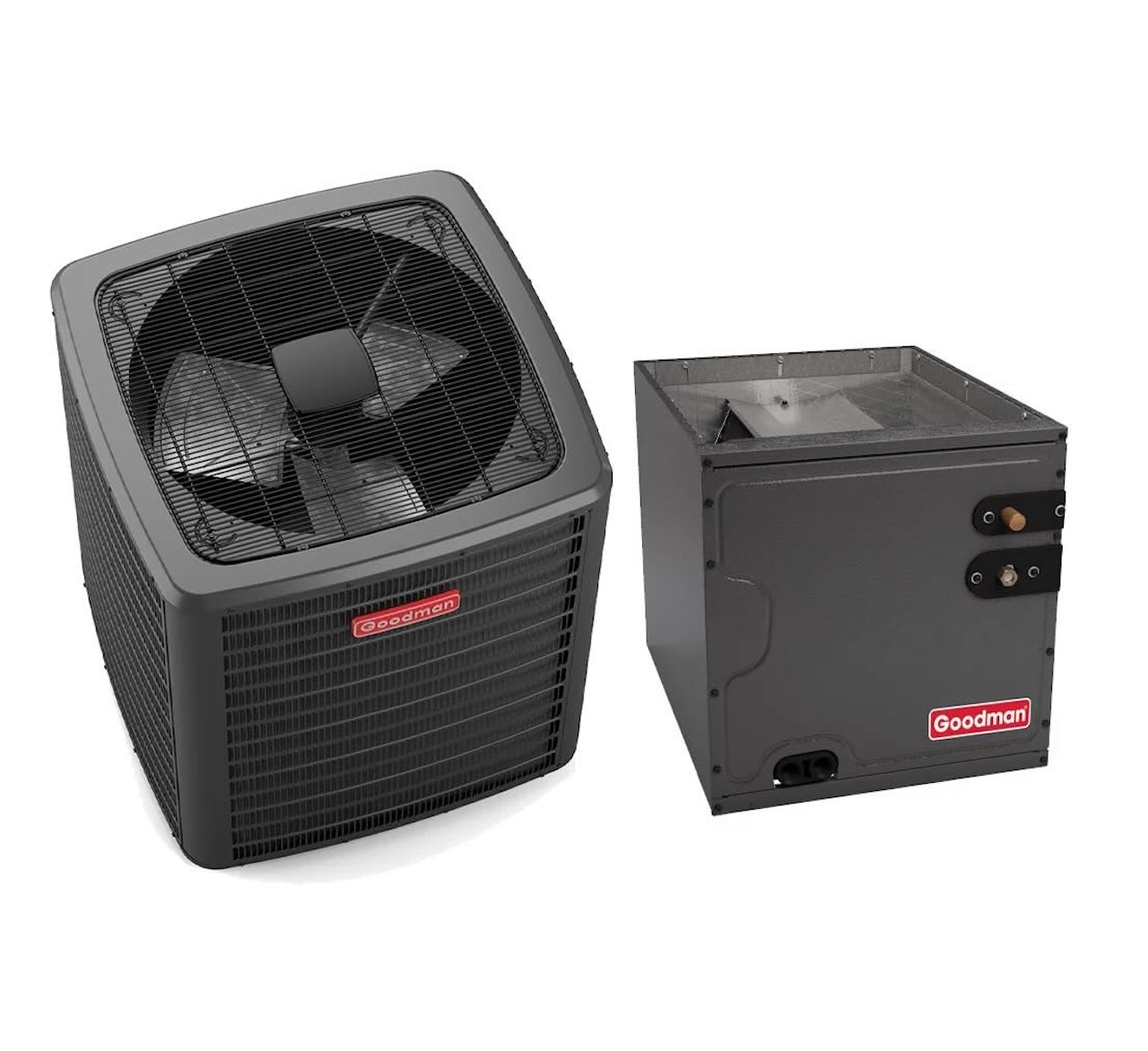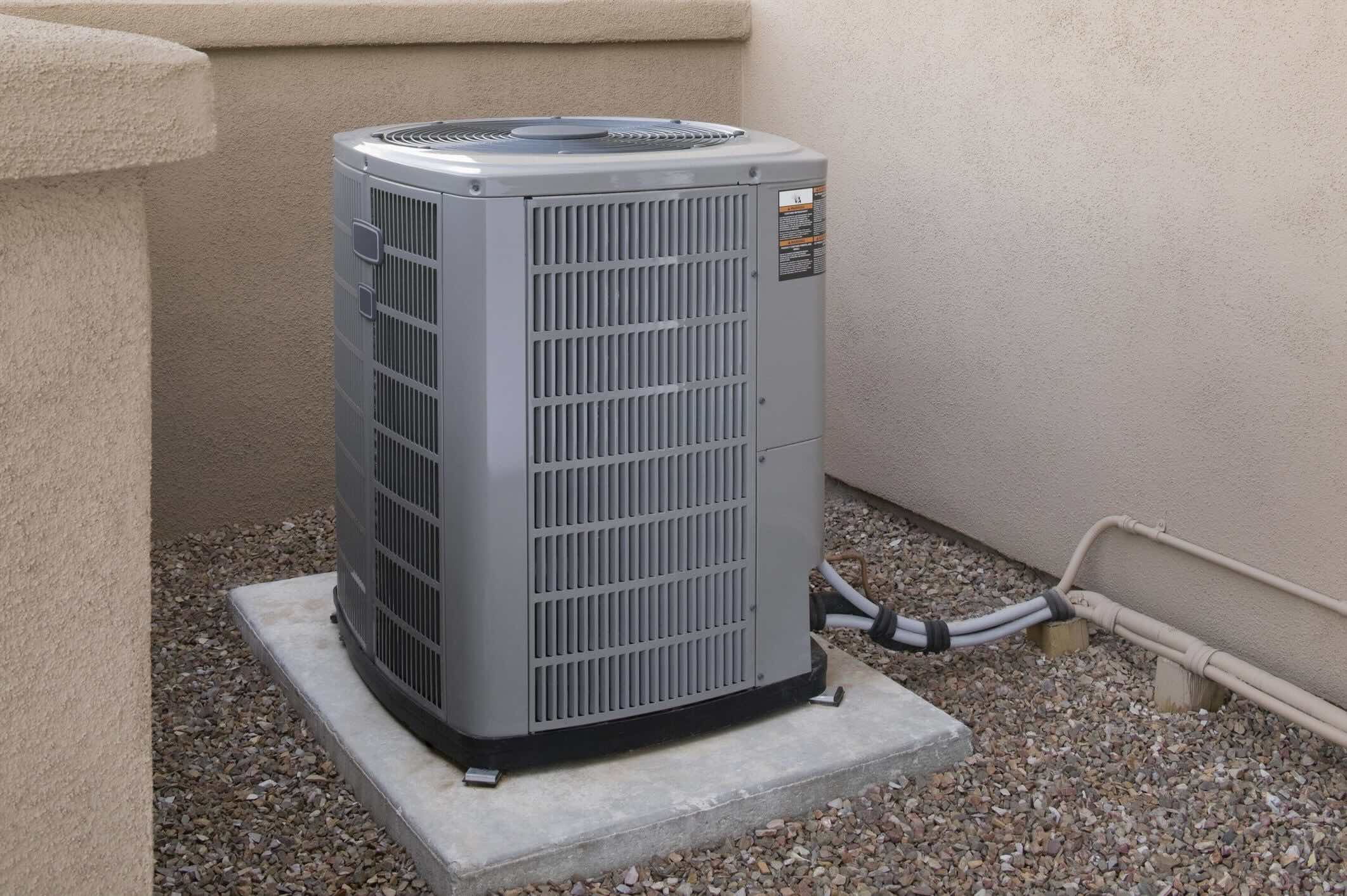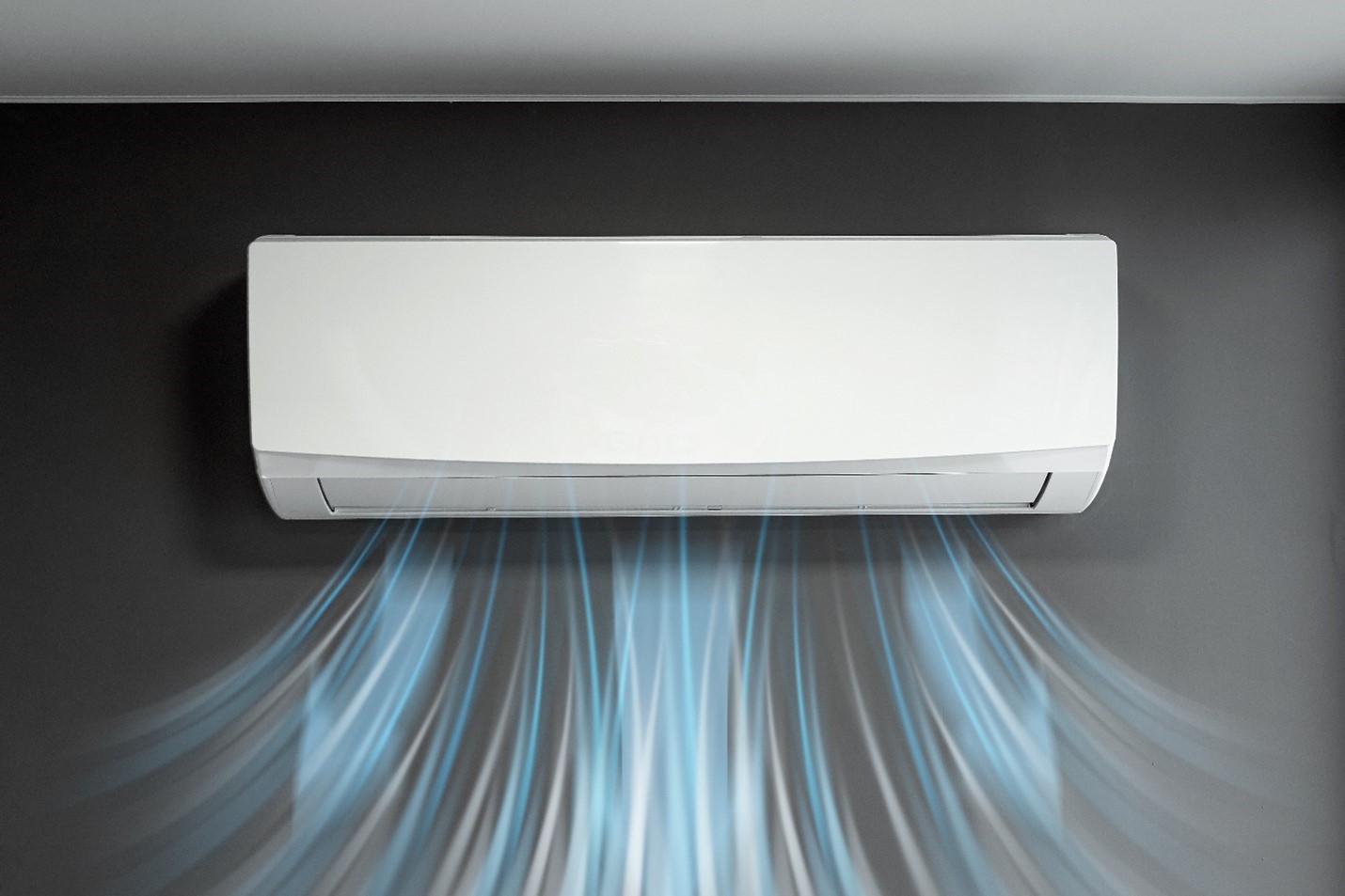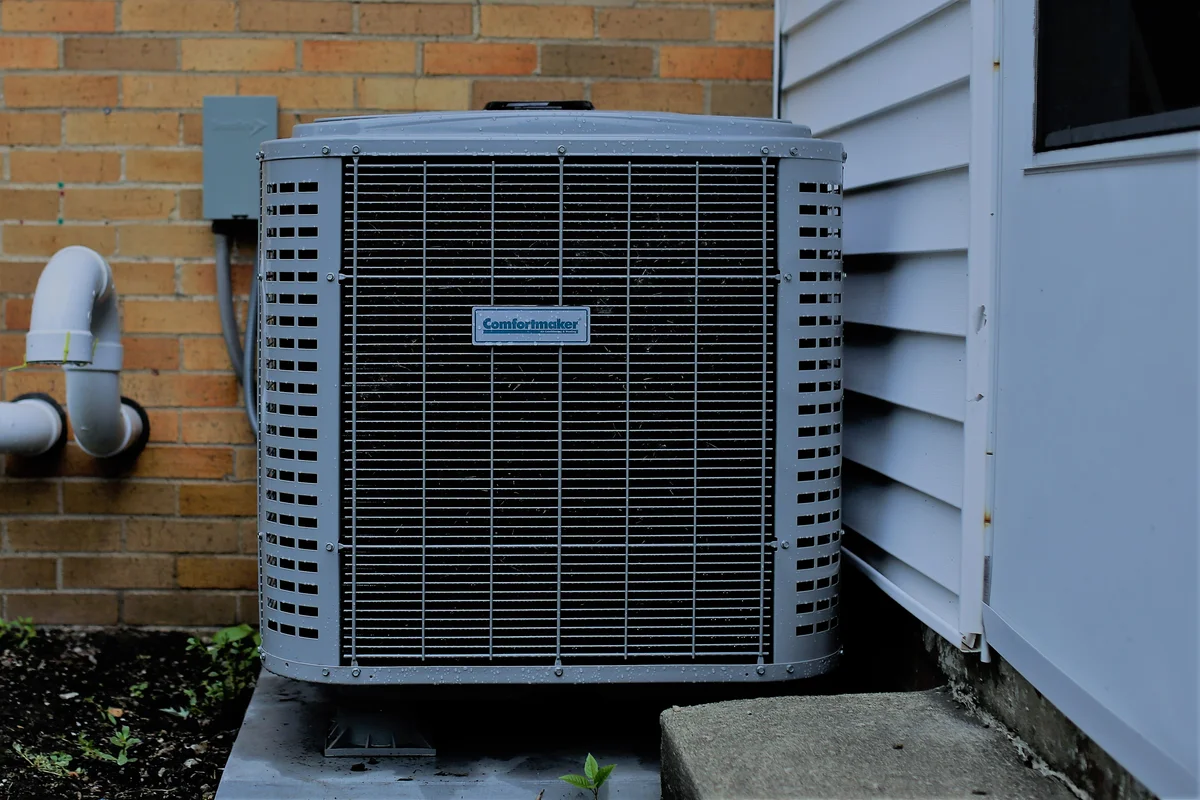Home>Home Maintenance>How Much Do Air Conditioner Workers Make
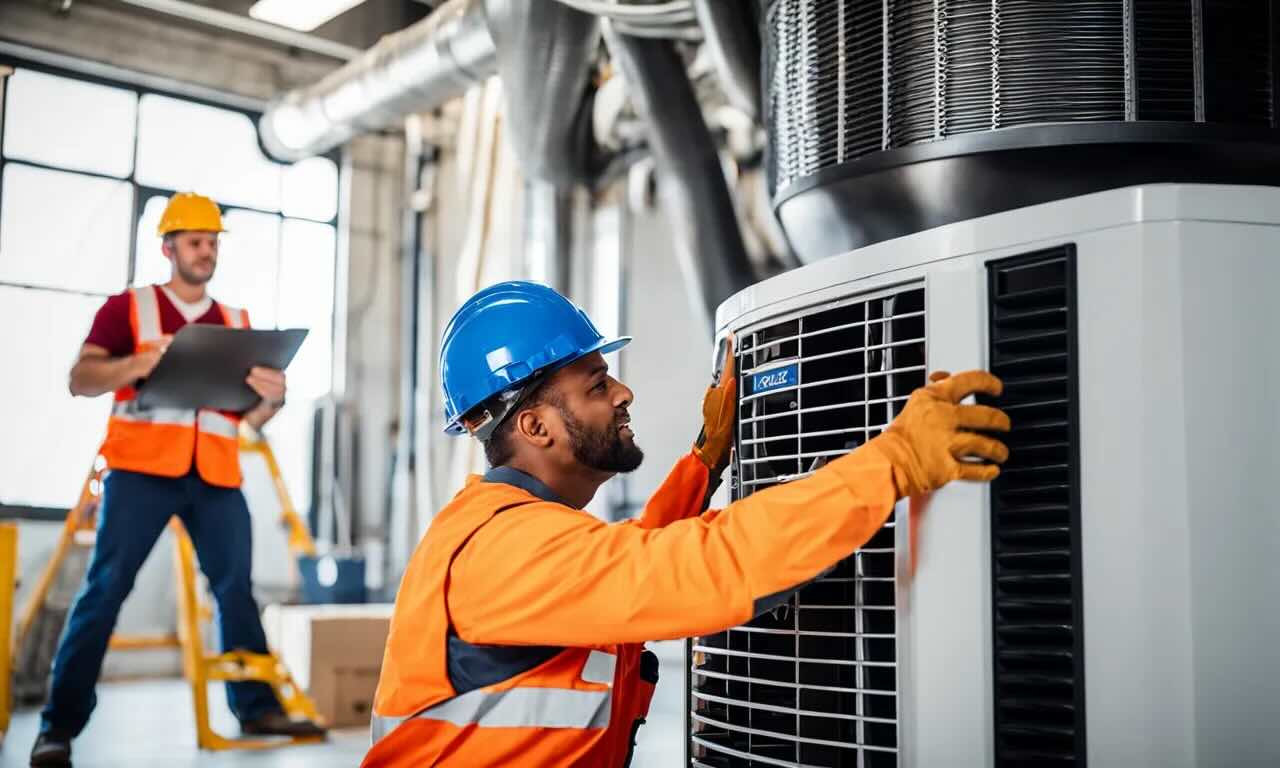

Home Maintenance
How Much Do Air Conditioner Workers Make
Modified: August 16, 2024
Discover how much air conditioner workers make in the home maintenance industry. Explore salaries and earning potential for HVAC professionals.
(Many of the links in this article redirect to a specific reviewed product. Your purchase of these products through affiliate links helps to generate commission for Storables.com, at no extra cost. Learn more)
Introduction
Welcome to the world of air conditioner workers! These skilled professionals play a crucial role in ensuring the comfort and well-being of individuals and businesses alike. With the rising demand for climate control solutions, the field of air conditioning offers promising opportunities for those interested in a career in the industry.
In this article, we will dive into the average salary of air conditioner workers, explore the various factors that can influence their earnings, discuss the job opportunities available, and highlight the essential skills and qualifications needed to excel in this field.
Whether you’re a seasoned HVAC technician looking to upgrade your skills or someone considering a career in air conditioning, this article will provide comprehensive insights into the world of air conditioner workers and their earning potential.
Key Takeaways:
- Air conditioner workers can earn around $50,000 to $60,000 annually in the US, but factors like experience, location, and certifications can impact their salary significantly.
- The field of air conditioning offers diverse job opportunities, from HVAC technicians to project managers. Possessing technical skills, certifications, and continuous learning are crucial for success in this rewarding career.
Read more: How Much Is A Daikin Air Conditioner
Average Salary of Air Conditioner Workers
The average salary of air conditioner workers can vary depending on several factors, such as experience, location, job position, and the type of establishment they work for. Generally, air conditioner workers can expect a competitive salary that reflects their skills and expertise. In the United States, the average annual salary for HVAC technicians, which encompasses air conditioner workers, is around $50,000 to $60,000.
However, it’s important to note that this figure can vary significantly based on the factors mentioned earlier. For example, experienced and certified air conditioner workers may earn a higher salary compared to those who are just starting their careers. Similarly, individuals working in major metropolitan areas or high-demand regions may also command a higher wage due to increased competition and cost of living.
Additionally, the type of establishment also plays a significant role in determining an air conditioner worker’s salary. Those who are employed by large commercial HVAC companies may receive higher wages and additional benefits compared to those working for smaller residential service providers.
It’s worth mentioning that some air conditioner workers may find seasonal fluctuations in their income, especially in regions with extreme weather conditions. Summers, for example, tend to be the busiest time for air conditioner workers as the demand for cooling solutions rises. This increased demand can result in higher pay rates and overtime opportunities.
Overall, air conditioner workers can expect a reasonable and rewarding salary that reflects their skills, experience, and the demand for their services. By continuously updating their knowledge and staying up to date with industry certifications, professionals in this field can position themselves for higher earning potentials.
Factors Affecting Air Conditioner Workers’ Salary
Several factors can influence the salary of air conditioner workers. Understanding these factors can help individuals in the field make informed decisions about their career path and maximize their earning potential. Let’s explore some of the key factors that can impact the salary of air conditioner workers:
- Experience and Expertise: As with many professions, experience plays a crucial role in determining an air conditioner worker’s salary. Professionals with several years of field experience and a proven track record may command higher wages due to their comprehensive knowledge and skill set. Similarly, individuals who specialize in specific areas of air conditioning, such as installation or maintenance, may earn more based on the demand for their expertise.
- Location: The geographic location where an air conditioner worker is employed can greatly influence their salary. Metropolitan areas or regions with greater demand for HVAC services tend to offer higher wages to attract skilled technicians. Additionally, areas with extreme weather conditions that require year-round cooling or heating services may offer more lucrative opportunities for air conditioner workers.
- Certifications and Training: Air conditioner workers who hold industry certifications and participate in ongoing training programs often have an edge in terms of salary negotiation. Certifications such as the North American Technician Excellence (NATE) certification or Environmental Protection Agency (EPA) certification demonstrate a higher level of expertise and professionalism, making individuals more valuable to employers.
- Type of Employment: The type of establishment an air conditioner worker is employed by can impact their salary. Some workers may be hired by HVAC companies that service residential, commercial, or industrial clients, while others may work as self-employed contractors. Generally, those working for larger companies or specialized HVAC firms may receive higher salaries and additional benefits compared to independent contractors.
- Economic Factors: Economic conditions, such as market demand and the overall health of the construction industry, can influence the salaries of air conditioner workers. During times of economic growth and increased construction activity, the demand for HVAC services rises, potentially leading to higher pay rates and job stability. Conversely, economic downturns may result in reduced demand and lower salaries.
It’s important for air conditioner workers to consider these factors when evaluating their salary expectations and career choices. By leveraging their experience, obtaining relevant certifications, and staying informed about industry trends, professionals in this field can position themselves for higher earning potential and long-term career growth.
The average salary for air conditioner workers is around $48,000 per year, but this can vary based on experience, location, and employer. It’s important to research and negotiate salary based on these factors.
Job Opportunities for Air Conditioner Workers
The field of air conditioning offers a wide range of job opportunities for skilled technicians and professionals. With the increasing demand for energy-efficient and environmentally-friendly cooling solutions, the need for qualified air conditioner workers continues to grow. Let’s explore some of the job opportunities available in this field:
- HVAC Technician: One of the most common job roles for air conditioner workers is that of an HVAC technician. These professionals are responsible for installing, repairing, and maintaining HVAC systems, including air conditioners. They may work in residential, commercial, or industrial settings, ensuring that cooling systems operate efficiently and effectively.
- Service Technician: Service technicians specialize in troubleshooting and repairing air conditioning units. They respond to customer service calls, diagnose mechanical issues, and implement appropriate repairs. Service technicians may work for HVAC companies or operate as independent contractors, providing repair services for residential or commercial clients.
- Installation Technician: Installation technicians are responsible for the proper installation of air conditioning systems. They follow blueprints and specifications to place, connect, and test equipment. Installation technicians may work closely with construction teams during the installation of new buildings or retrofitting existing ones with updated cooling systems.
- Maintenance Technician: Maintenance technicians play a vital role in ensuring the ongoing performance and efficiency of air conditioning systems. They perform regular inspections, clean and lubricate components, and make necessary adjustments to optimize system performance. Maintenance technicians may work for HVAC companies or be employed by facility management companies.
- Project Manager: For those with strong leadership and organizational skills, a career as a project manager in the air conditioning industry can be rewarding. Project managers oversee the planning, coordination, and execution of air conditioning projects, ensuring that they are completed on time, within budget, and meet quality standards.
Moreover, air conditioner workers may also choose to specialize in specific areas of the field, such as commercial refrigeration, ductwork fabrication, or energy management. Such specialized roles can provide unique opportunities and potentially higher salaries.
It’s worth mentioning that the job opportunities for air conditioner workers are not limited to traditional employment. Many experienced technicians choose to establish their own HVAC businesses, providing installation, maintenance, and repair services to a wide range of clients. This entrepreneurial path can offer greater independence and the potential for higher earnings.
As the demand for energy-efficient air conditioning solutions continues to grow, so do the job opportunities for air conditioner workers. By staying updated with industry advancements, obtaining relevant certifications, and honing their skills, professionals in this field can enhance their job prospects and build successful and fulfilling careers.
Skills and Qualifications Required for Air Conditioner Workers
To excel in the field of air conditioning, air conditioner workers need to possess a combination of technical skills, industry knowledge, and personal qualities. Let’s explore some of the essential skills and qualifications required for a successful career in this field:
- Technical Knowledge: Air conditioner workers must have a strong understanding of HVAC systems and air conditioning principles. This includes knowledge of electrical systems, refrigeration cycles, airflow dynamics, and environmental regulations. Additionally, they should be proficient in troubleshooting and diagnosing mechanical issues, as well as possessing the skills to perform repairs and installations.
- Certifications and Licensing: Many jurisdictions require air conditioner workers to obtain specific certifications and licenses to practice in this field. For example, in the United States, technicians need to pass the EPA Section 608 certification exam to handle refrigerants safely. Other relevant certifications, such as the NATE certification, provide further validation of a technician’s knowledge and expertise.
- Attention to Detail: Working with intricate HVAC systems requires attention to detail to ensure the accuracy and precision of installations and repairs. Air conditioner workers must pay close attention to specifications, blueprints, and technical documentation to ensure that systems operate efficiently and safely.
- Problem-Solving and Diagnostic Skills: Troubleshooting and diagnosing issues with air conditioning systems often require strong problem-solving and diagnostic skills. Air conditioner workers must possess the ability to analyze complex problems, identify the root causes of malfunctions, and implement effective solutions in a timely manner.
- Physical Fitness and Stamina: Air conditioner workers often work in physically demanding environments, requiring them to lift heavy equipment, climb ladders, and work in confined spaces. Physical fitness and stamina are important to ensure they can perform their duties safely and effectively.
- Customer Service Skills: Air conditioner workers frequently interact with customers, explaining repairs or services needed, answering questions, and providing guidance on operating systems. Strong communication and customer service skills are essential to build trust and provide a positive experience for clients.
- Continuous Learning: The air conditioning industry is constantly evolving, with new technologies and regulations emerging regularly. Air conditioner workers must embrace continuous learning to stay updated with the latest industry advancements and best practices. Participating in training programs and staying informed about new product developments can enhance their skills and job prospects.
It’s important for air conditioner workers to possess a combination of technical expertise, industry certifications, and personal qualities to thrive in this field. By honing their skills, staying updated with industry trends, and delivering exceptional customer service, professionals in this field can build successful and fulfilling careers in air conditioning.
Read more: How Much Is A Mitsubishi Air Conditioner
Conclusion
A career in air conditioning as an air conditioner worker offers promising opportunities for those interested in the field of HVAC. In this article, we’ve explored various aspects of the profession, including the average salary, factors that can affect earnings, job opportunities, and the skills and qualifications necessary for success.
Air conditioner workers can expect a competitive salary, with the average annual income ranging from $50,000 to $60,000 in the United States. However, it’s important to note that factors such as experience, location, certifications, and the type of establishment can greatly impact earning potential.
Furthermore, the field of air conditioning provides diverse job opportunities for skilled technicians. From being an HVAC technician or service technician to specializing in installation, maintenance, or project management, there are various paths to explore in this field. Additionally, some air conditioner workers may choose to become self-employed and establish their own HVAC businesses for greater independence and earning potential.
To thrive in this field, air conditioner workers need a combination of technical knowledge, certifications, and personal qualities. Skills such as technical expertise, problem-solving, attention to detail, customer service, and continuous learning are essential to excel in this profession.
In conclusion, a career as an air conditioner worker offers a rewarding blend of job stability, growth opportunities, and the satisfaction of providing comfort and well-being to individuals and businesses. By staying updated with industry advancements, expanding their skills, and delivering exceptional service, professionals in this field can build successful and fulfilling careers in the world of air conditioning.
Frequently Asked Questions about How Much Do Air Conditioner Workers Make
Was this page helpful?
At Storables.com, we guarantee accurate and reliable information. Our content, validated by Expert Board Contributors, is crafted following stringent Editorial Policies. We're committed to providing you with well-researched, expert-backed insights for all your informational needs.
